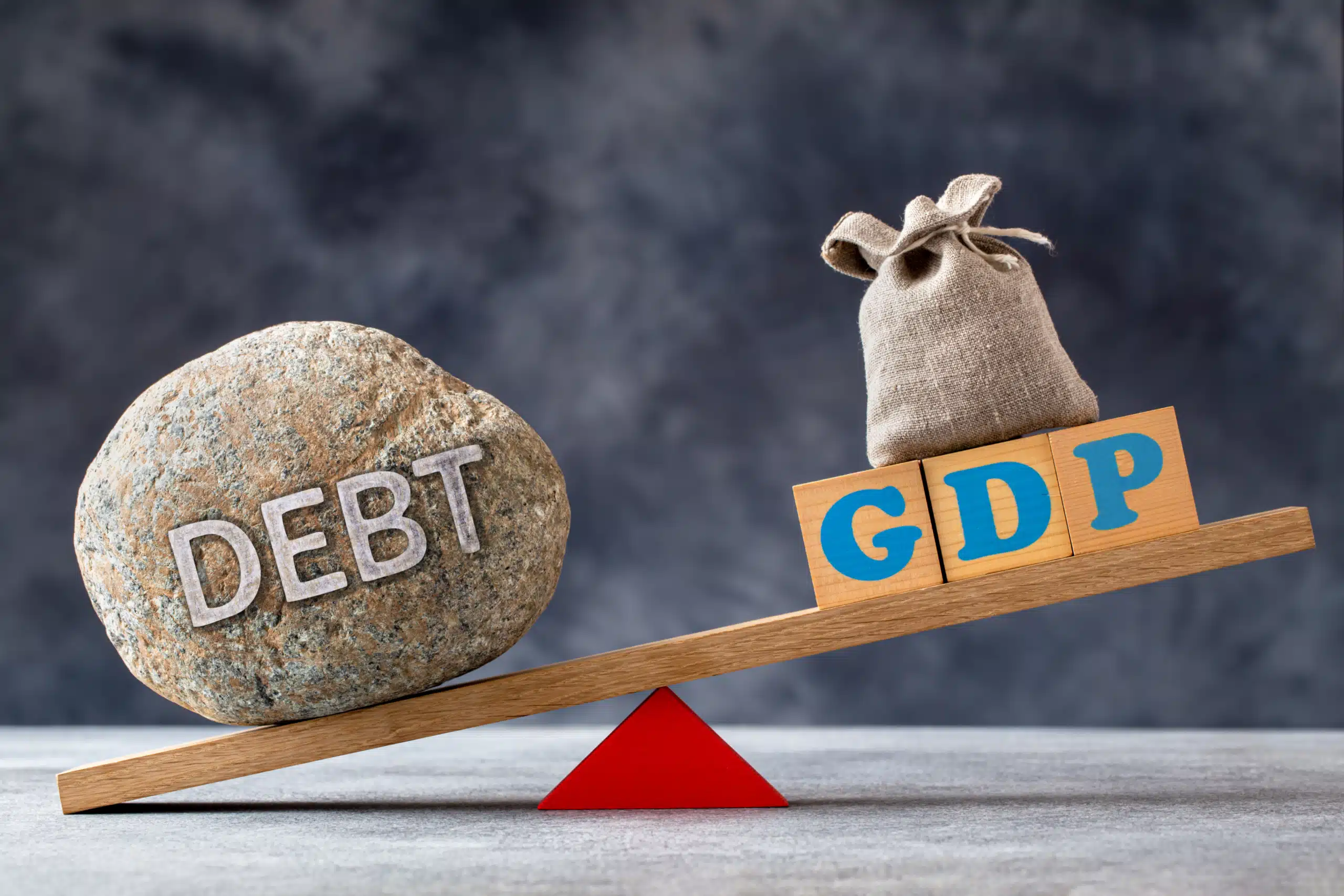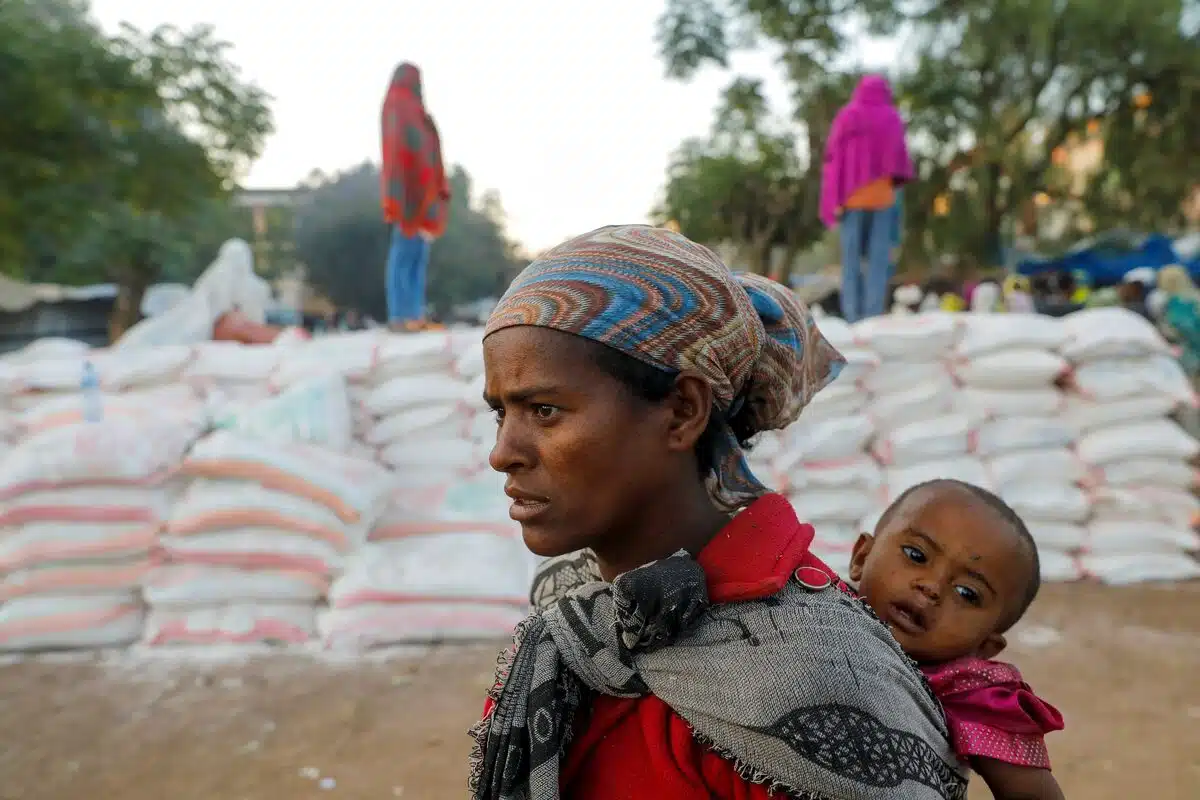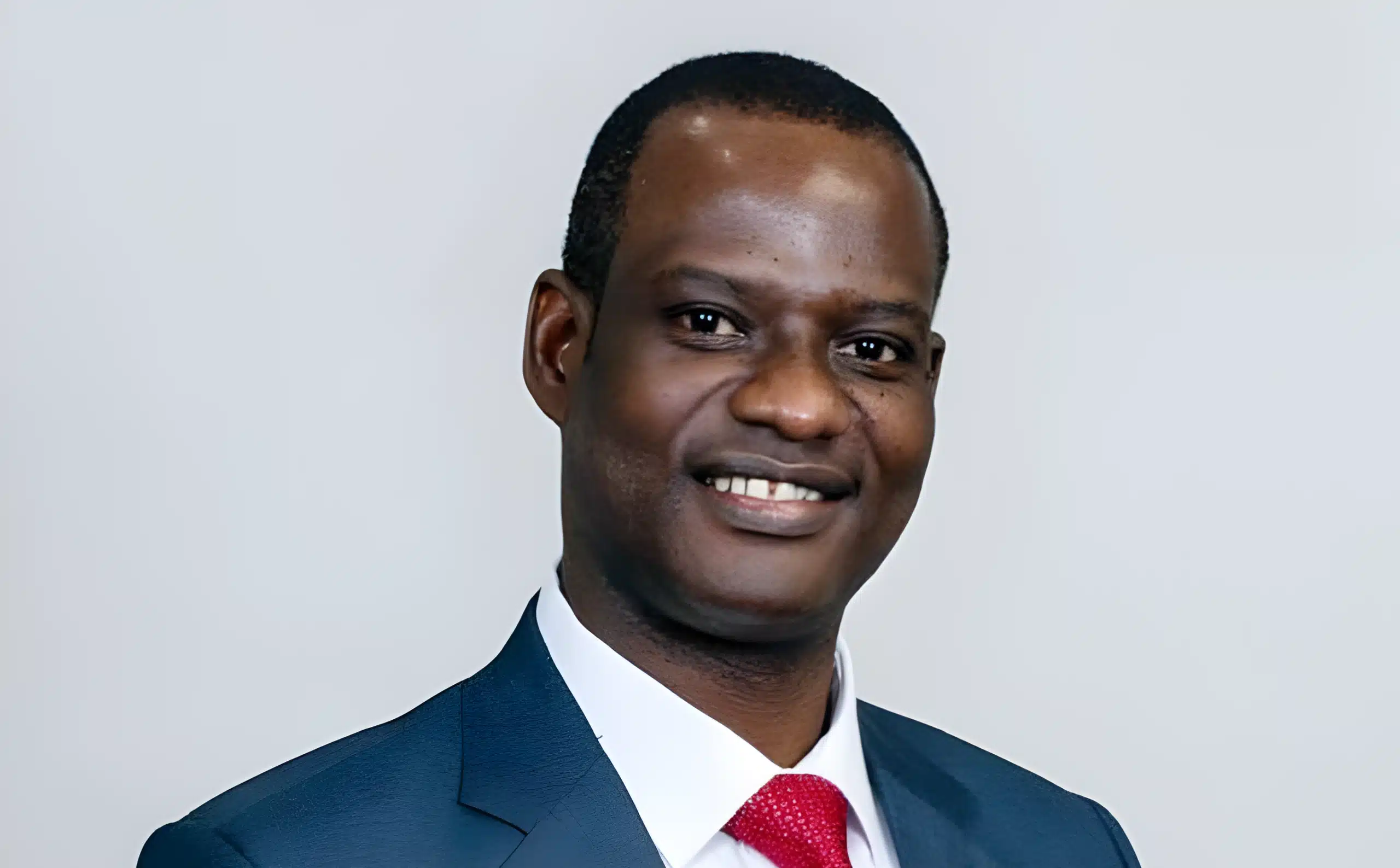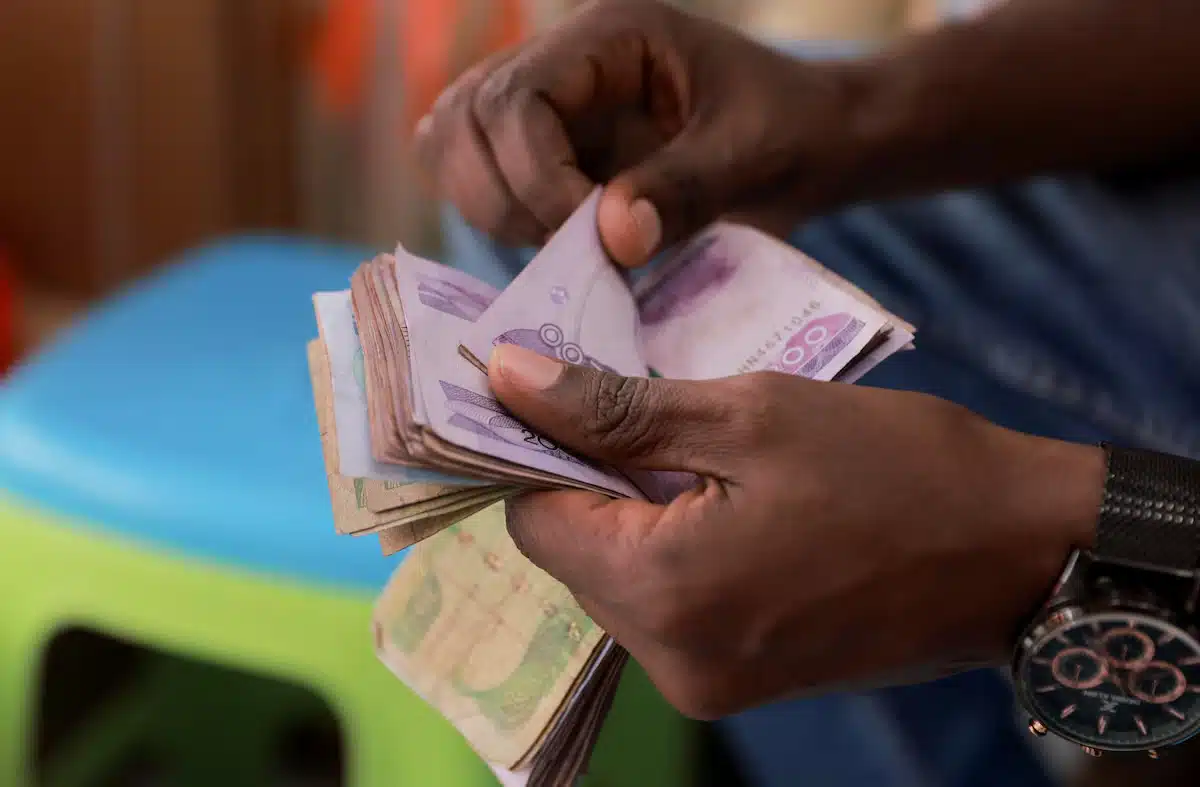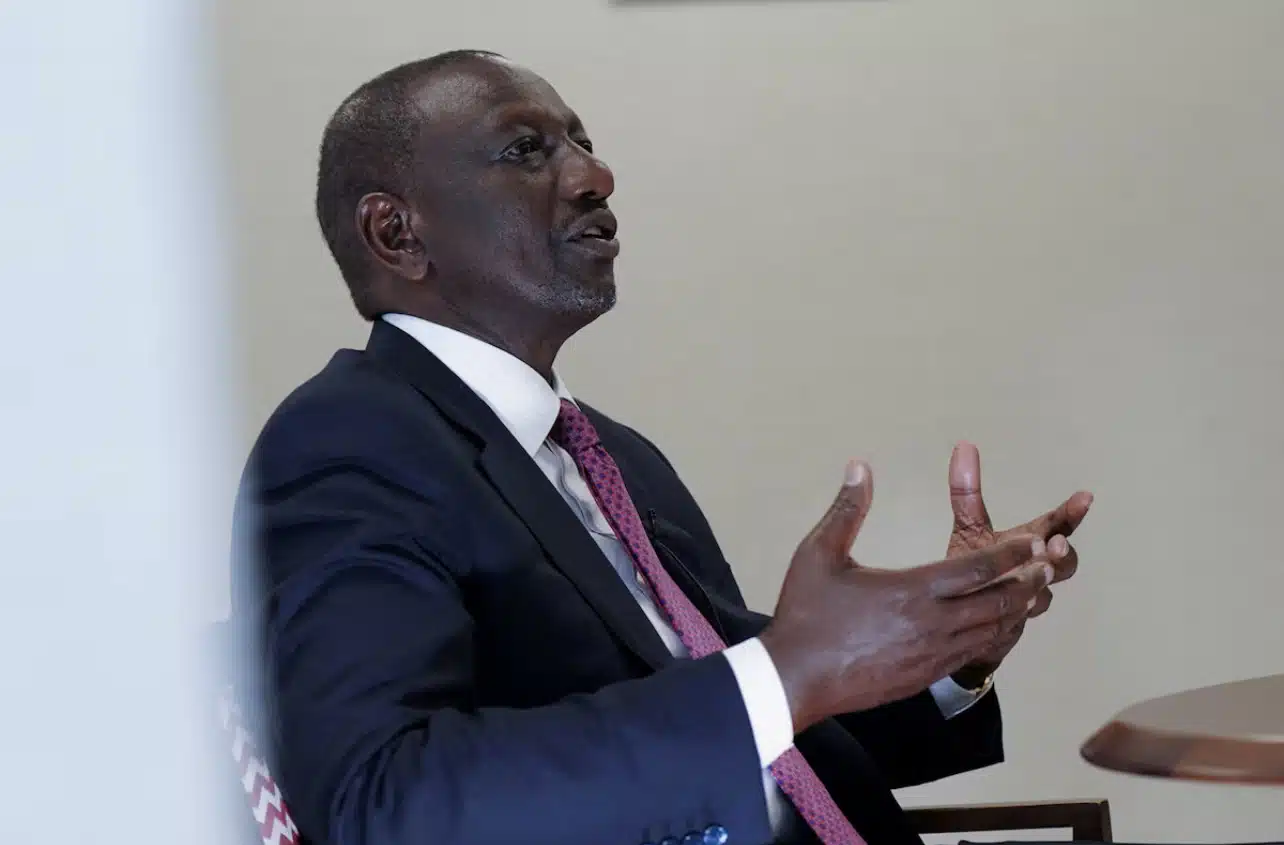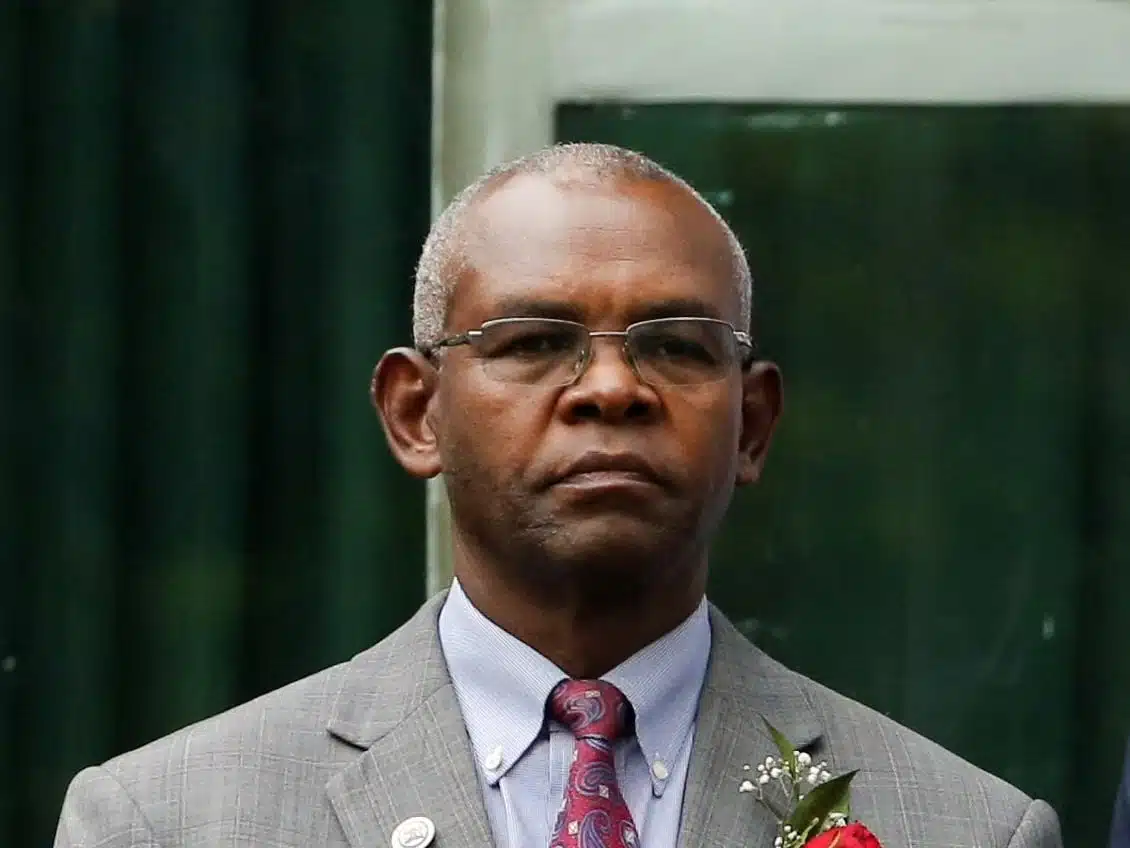Ghana’s public debt stock fell from $69.77 billion in December 2024 to $58.94 billion by June 2025, representing a $10.93 billion or 16% decline over six months, Ato Forson, the country’s finance minister, has revealed.
This comes as the West African nation repays a $700 million Eurobond debt as part of a sweeping debt restructuring programme that has helped cut the country’s public debt ratio to Gross Domestic Product to 43.8%
Forson, who disclosed the figures on Thursday while presenting the 2025 mid-year budget review to Parliament, attributed the improvement to controlled spending, prudent debt management, and a stronger cedi.
He also noted that the payments reflect the government’s commitment to meeting debt obligations under the G20 Common Framework.
Ghana requested debt treatment through the initiative in 2023 after defaulting on most of its external debt in the previous year.
“For the first time in Ghana’s history, there is a negative 15.6% rate of debt accumulation,” Forson told lawmakers. “This has significantly improved Ghana’s debt sustainability.”
The Eurobond repayments form part of the broader external debt overhaul approved under the Common Framework, which allows low-income countries to coordinate bilateral and commercial debt restructuring with official creditors.
In June, the country’s parliament approved a $2.8 billion restructuring agreement for 25 countries, including China, France, the United States, Germany, and the United Kingdom, which allows Ghana to defer loan repayment by 15 years.
Under the terms of the deal, debt payments due between December 2022 and December 2026 have been deferred, with repayment to begin between 2039 and 2043.
Domestic debt servicing gulps $702 million
The gold producer continued servicing its domestic debt obligations in H1 2025, with total payments amounting to approximately $702 million.
Forson disclosed that $942.31 million was paid in coupon interest to holders of restructured domestic bonds, of which $346.15 million was capitalised. This means only about $596 million was disbursed to bondholders.
An additional $105.77 million was paid to bondholders who did not participate in the domestic debt exchange programme.
He added that in the second half of the year, $980.77 million will be spent on coupon payments to holders of restructured domestic bonds, while non-tendered bondholders will receive $69.63 million.
Ratings agency Fitch upgraded Ghana’s long-term foreign debt rating in June, citing declining inflation, macroeconomic stability, and progress on debt talks.
It forecast the public debt-to-GDP ratio would drop to 60% by the end of 2025, from a peak of 93% in 2022.
The latest data suggests Ghana is on track to hit that target.
With the debt trajectory improving rapidly, a further ratings upgrade could be on the horizon, potentially restoring Ghana’s access to international capital markets and helping the country rebuild investor confidence.

